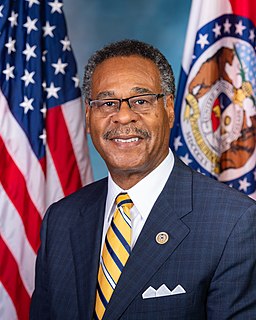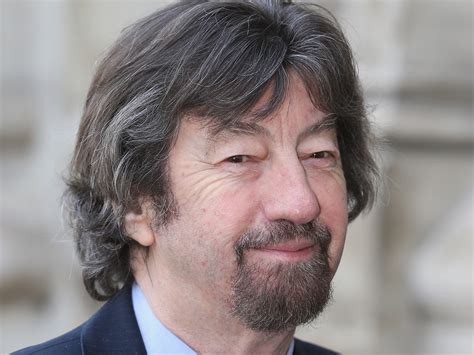A Quote by Jeff Cooper
One of the notable aspects of the democratic process is that one need not know anything about a subject in order to pass laws about it.
Related Quotes
Because they don't teach the truth about the world, schools have to rely on beating students over the head with propaganda about democracy. If schools were, in reality, democratic, there would be no need to bombard students with platitudes about democracy. They would simply act and behave democratically, and we know this does not happen. The more there is a need to talk about the ideals of democracy, the less democratic the system usually is.
The only way that you can keep moving forward, finding other ways of expressing things about this increasingly complicated world that we live in, is by listening and observing not only to life around you but to the other people who are in the room. It's not about a sort of, you know, a sense that you have to be democratic about these things, it's a question of creativity that the process of making theatre is a collaborative process, and it is not in, it is not a question of, you know, I have no interest in paying lip service to it, for me it's absolutely fundamental.
Basically, I'm a perpetual student. I start by finding a subject I really don't know very much, but that I'm curious about. I learn about it through books in a library, by doing interviews with people who know a lot about the subject, and by going out on my own and seeing for myself what's happening.
The Chinese have a theory that you pass through boredom into fascination and I think it's true. I would never choose a subject for what it means to me or what I think about it. You've just got to choose a subject - and what you feel about it, what it means, begins to unfold if you just plain choose a subject and do it enough.
On the contrary, it's because somebody knows something about it that we can't talk about physics . It's the things that nobody knows anything about that we can discuss. We can talk about the weather; we can talk about social problems; we can talk about psychology; we can talk about international finance gold transfers we can't talk about, because those are understood so it's the subject that nobody knows anything about that we can all talk about!
Distinguish open-minded people from closed-minded people. Open-minded people seek to learn by asking questions; they realize that what they know is little in relation to what there is to know and recognize that they might be wrong. Closed-minded people always tell you what they know, even if they know hardly anything about the subject being discussed. They are typically made uncomfortable by being around those who know a lot more about a subject, unlike open-minded people who are thrilled by such company.



































